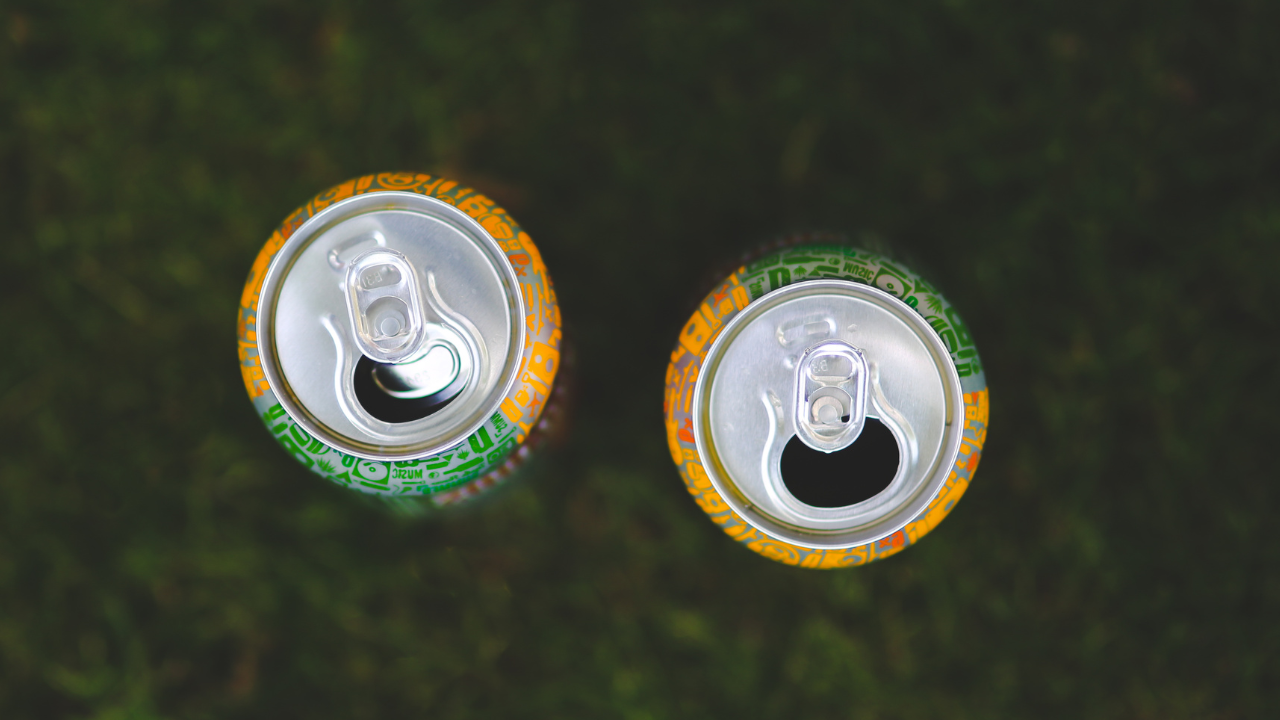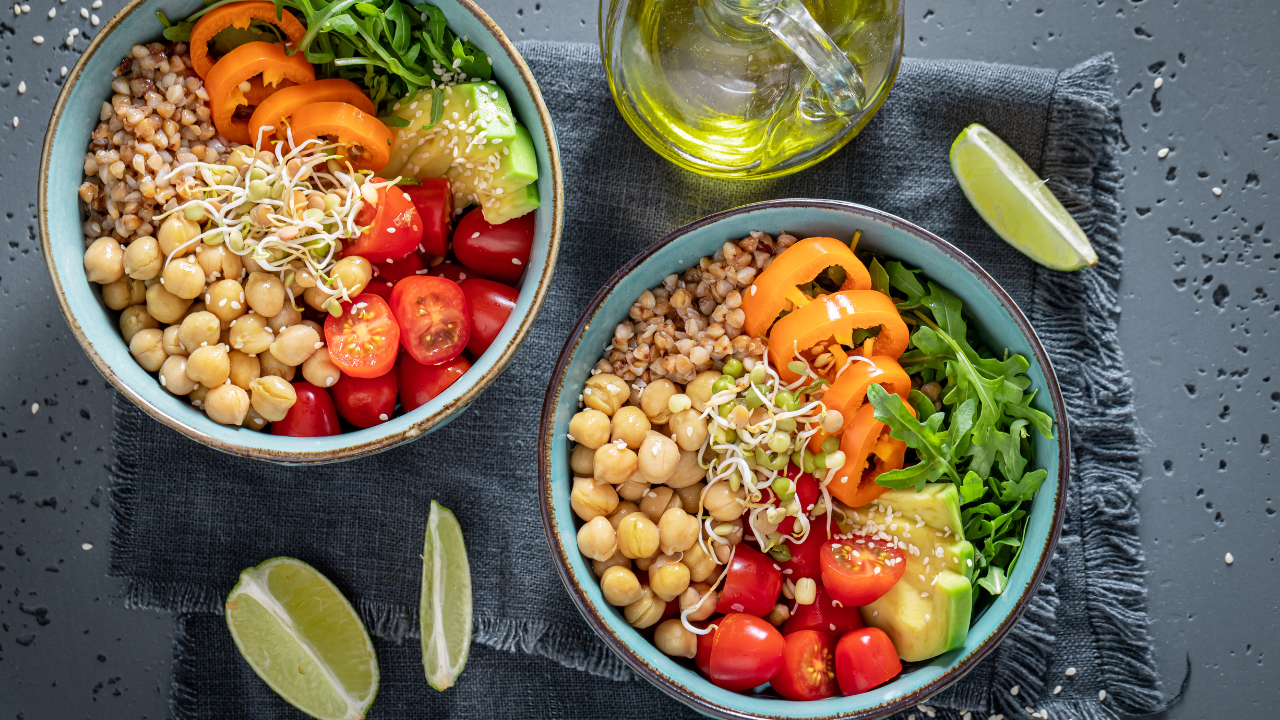The Problem with Cheat Days
This post was written by Maria Beyer, a Nutrition & Dietetics undergraduate student at the University of Delaware. You can find her on Instagram @bitestolife. Content reviewed by Hannah Thompson, RDN, LD, CPT.
A popular concept in the fitness community is the idea of a “cheat day” or “cheat meal” as a method to break a diet or food regimen by eating one’s favorite foods. Those who swear by cheat days claim that it reduces the urge to binge and satisfies cravings for certain foods by getting them in on one day of the week. But, how can one even argue that binge eating on a certain day is supposed to stop you from binge eating on every other day?
The toxic mindset of a cheat day
First, if you choose to Google your research on what a cheat day is, you’ll run into fitness influencers swearing by the concept. The mindset behind a cheat day or meal is plain and simple: it stems from strict dieting and is the opposite of intuitive eating. It perpetuates the idea of “good” and “bad” foods and makes foods that can easily be incorporated into the diet off limits 6 days per week! How is that even healthy or enjoyable?
Strict dieting isn’t sustainable in the long term, so using this tactic to cope with starving yourself shouldn’t be practiced for long periods of time either.
Risks of doing cheat days
The restrict-binge cycle
This vicious cycle does nothing for long-term weight loss, but instead promotes disordered eating and guilt around food. Restricting foods that you could easily eat in moderation daily will just cause binge after binge episode. It’s in our biological nature!
An “all or nothing” mentality
The same mentality that comes from “I messed up and ate this, so now the whole day is ruined” is perpetuated with cheat days. Overeating one day of the week is no way to live - the all or nothing mindset is super dangerous and can lead to serious psychological issues around food.
It perpetuates the “good food” vs. “bad food” mindset
If eating “good” foods will make one feel like they’re a better person and “bad” foods feel like they’re not, this will worsen their relationship with food. Food is not meant to have any power over anyone, and creating this mindset will give it that power.
There are no benefits to the body
Cheat day eating only boosts the metabolism between 3-10% for 24 hours. And this is because it’s being overloaded. Those who stick to a balanced eating regimen and satisfy their cravings have a much more stable weight than those who attempt to severely restrict what they eat.
What to opt for instead of cheat days?
Allowing yourself to enjoy food should never be considered wrong. The most satisfied intuitive eaters pay no attention to avoiding and feeling guilty eating their most beloved foods. It’s important to shift the mindset from “cheating” to “celebrating and enjoying” which will help lessen the guilt and help you reach your most satisfied self physically and mentally. Don’t let food have power over you by enforcing cheat days, meals, and the deprivation of the things you enjoy.
































